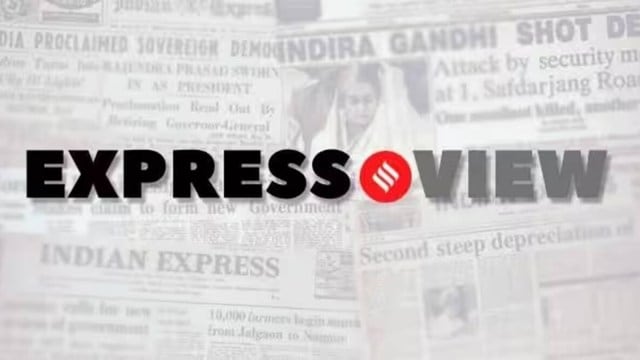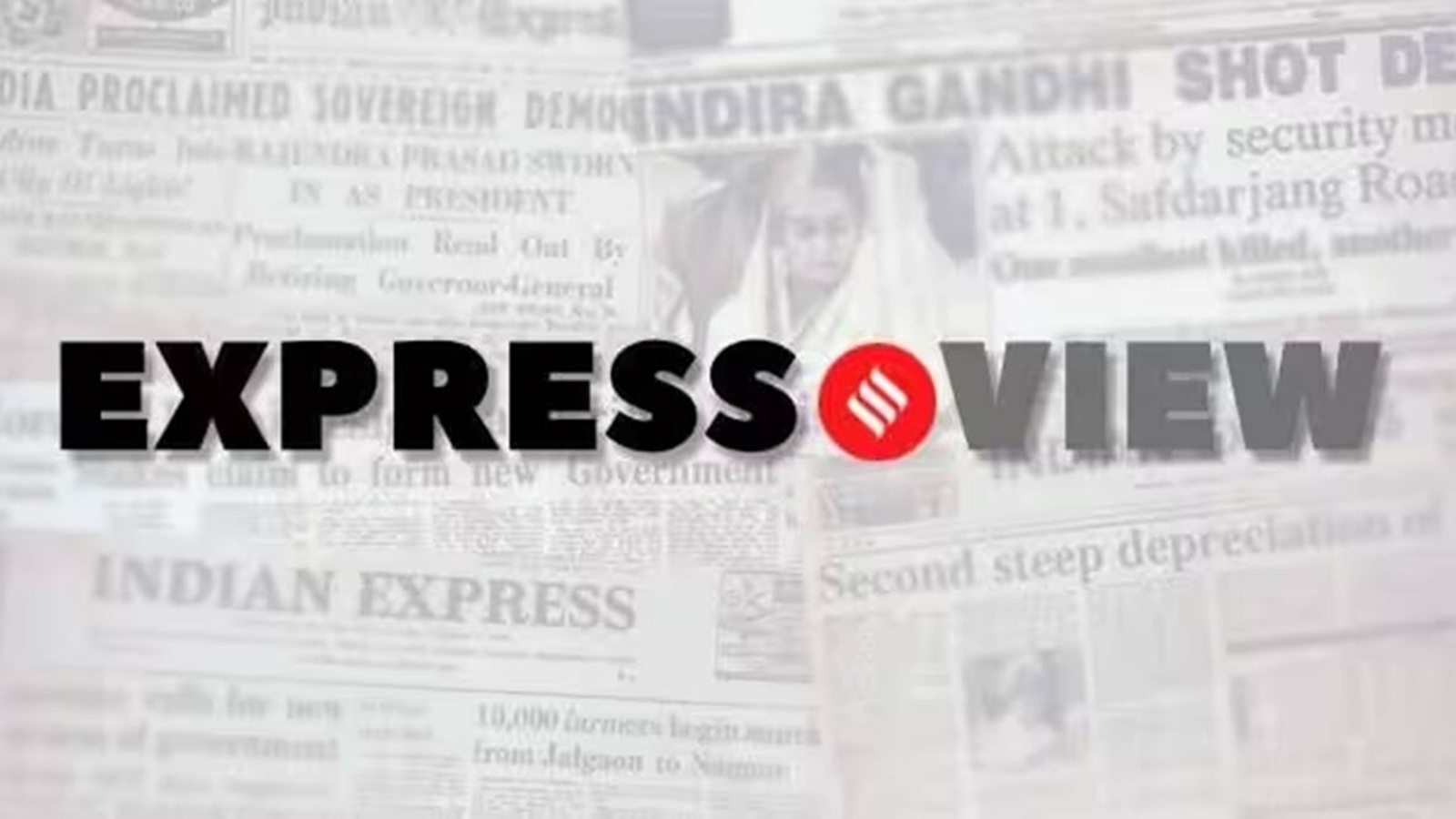
After the Election Commission of India announced the dates for elections to the Jammu & Kashmir Assembly on August 16, politics with all its drama has returned to the region. Except for one seat in Kashmir and four in Jammu – where there will be a “friendly contest” between the allies – the National Conference (NC) and Congress have reached a seat-sharing arrangement. The NC will contest 51, Congress 32 and the CPM and J&K Panthers Party one each. On the face of it, Congress seems to have got the better end of the deal. Its political presence in the region has greatly diminished since 2014, exacerbated by the exit of stalwart and former CM, Ghulam Nabi Azad. While most of the seats allotted to it are in Jammu, Congress will work to gain a foothold over a broader swathe of the erstwhile state. For the NC, it is a chance to regain relevance and become the major player in electoral politics in the Valley and beyond. Former CM and NC leader Omar Abdullah told this newspaper earlier this month that “No, I am not contesting… I am not going to sit outside the waiting room of the LG and, ask him, ‘Sir, please sign the file’”. That he is now rethinking this position underlines the exigencies of electoral politics post the abrogation of Article 370.
Still, the NC-Congress alliance, like many others, is marked by contradictions. The NC has suggested that, if elected, it may bring a resolution in the Assembly against the abrogation of Article 370 even as it knows that it cannot move the clock back. The Congress – for the sake of its national politics, if nothing else – does not share this position. Managing such differences will be challenging. Congress’s K C Venugopal has said that a Common Minimum Programme will guide the alliance if it comes to power. And while much water has flown in the Jhelum since 2018, it might be useful to remember that the BJP-PDP government too had an Agenda for the Alliance that promised not to revoke special status.
Both major constituents of the last elected government of the erstwhile state of J&K appear, for the moment, to be on the back foot. The BJP withdrew its first list of candidates hours after its release, reportedly due to protests and objections from within the party over ticket distribution. The PDP, part of the INDIA bloc at the national level, has been isolated in J&K. From a vote share of 22.67 per cent in the 2014 assembly elections, it was down to 8.48 per cent in the 2024 general elections and won no seats. The PDP’s rise owed much to its founder, Mufti Mohammad Sayeed reimagining state politics and its relationship with the broader national picture. In the changed scenario after August 5, 2019, it remains to be seen if his daughter, his political successor, can do the same. All this may add to the uncertainty in the run-up to elections but what is clear is that politics is coming back — and that’s an unambiguous positive.
© The Indian Express Pvt Ltd
First uploaded on: 28-08-2024 at 07:30 IST


